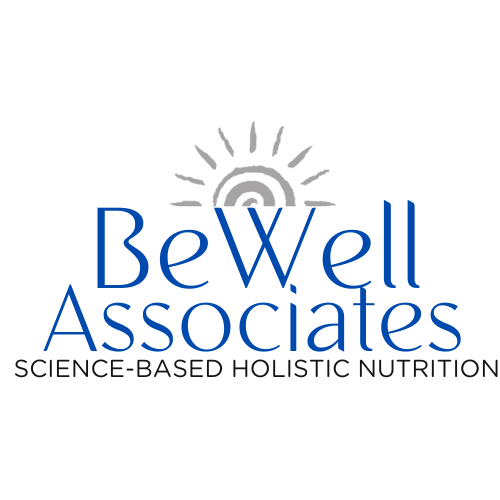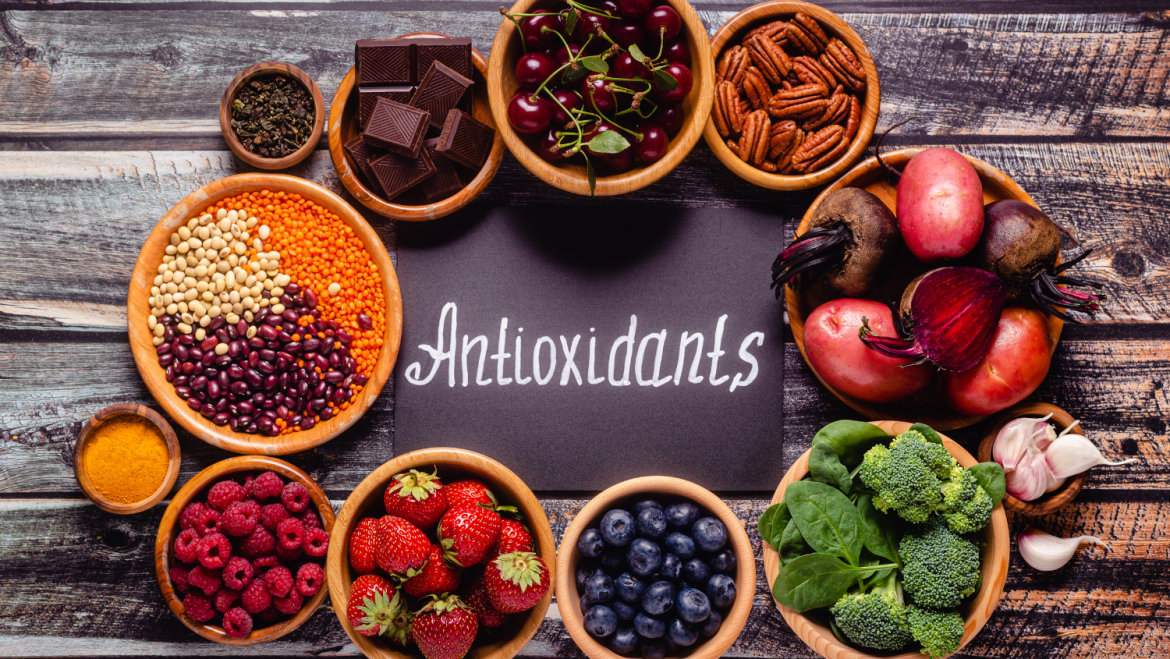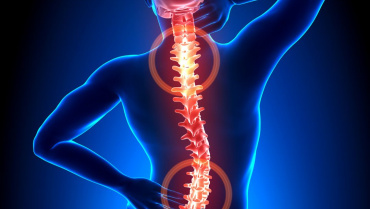We offer the Dutch Test which looks at all of your hormones along with what makes them and what they break down into. This gives us a full picture of what is going on in your body.
The Flexi Matrix Saliva test and Quest labs bloodwork are other ways that we can test your hormones. Ask your clinician which test would be best for you.*
- Spices/herbs (specifically ground cloves, dried oregano, ground ginger, ground cinnamon, turmeric powder, walnuts, dried basil, and ground mustard seed were the most potent)
- Nuts/seeds
- Chocolate
- Vegetables
- Coffee
It’s important to note that other food categories such as fats/oils, fats/oils, meats, poultry, fish/seafood, and eggs present the lowest antioxidant content.
Do you see a trend in these lists of highest and lowest antioxidant content? Plant foods serve as the primary source of antioxidants, whereas animal foods do little to contribute. This is one of the reasons The Mediterranean Diet has demonstrated such cardiovascular health benefits – a wide variety of plants and spices serve as the foundation for meals and dishes.
This is also why you’ll often hear your BeWell clinician reminding you to “eat the rainbow.” It may sound a bit elementary, but there’s serious science behind it. Many of the active antioxidant compounds in spices, vegetables, and other plant foods are the literal pigments in those plants. So purple cabbage, cherries, carrots, and kale all offer a different set of anti-inflammatory powerhouses
Many nutrients you’re already familiar with also function as antioxidants within the body. Vitamin C, Vitamin D, Vitamin A, and Vitamin E are all crucial antioxidants. It is well documented in the literature that Vitamin D deficiency is a known risk factor for cardiovascular disease.* Selenium, magnesium, and other minerals function as antioxidants as part of larger enzymes.* A 2020 meta-analysis of 43 randomized controlled trials found that a mixture of 50-200 mcg of selenium plus other antioxidants (including Vitamin D) decreased cardiovascular disease mortality risk by 23%.*
This is why a combination of supplementation and dietary changes are the clinical model at BeWell.
Now that you have a clearer understanding of what antioxidants are and what they do for our cells, let’s connect this to American Heart Month.
At the root of most cardiovascular dysfunction is inflammation.
In fact, thanks to the research of clinicians around the world, it is now broadly recognized that Covid-19 is an inflammatory cardiovascular problem as much as it is a respiratory problem – perhaps even more so. The Covid-19 virus triggers endothelial inflammation, or inflammation of the vascular (blood vessel) lining.
This is why at BeWell, we often test the CRP-hs blood marker in our cardiovascular risk clients. This marker is more sensitive to pick up cardiovascular inflammation than the CRP typically ordered at most doctor’s offices.
Antioxidants are the dietary solution for this inflammation, whether from Covid-19 or simply from high oxidative stress in our modern world. But, according to the Centers for Disease Control and Prevention, only one in ten adults in the United States eats the recommended amounts of fruits and vegetables.*
This is a huge problem, and where each of us must start as individuals.
Focus on getting half your plate full of vegetables at each meal. And be sure you’re cooking with real spices (dried or fresh) rather than relying heavily on sauces, marinades, dressings, gravies, etc, as these are often highly processed and use inflammatory oils as a base.
If you’re interested in learning about antioxidant-focused supplements that may be the right fit for you, be sure to contact us to discuss your unique case.

- Halvorsen BL, Carlsen MH, Phillips KM, et al. Content of redox-active compounds (ie, antioxidants) in foods consumed in the United States. Am J Clin Nutr. 2006;84(1):95-135. doi:1093/ajcn/84.1.95 ↩︎
- Kheiri B, Abdalla A, Osman M, Ahmed S, Hassan M, Bachuwa G. Vitamin D deficiency and risk of cardiovascular diseases: a narrative review. Clin Hypertens. 2018;24:9. doi:10.1186/s40885-018-0094-4. ↩︎
- Castellanos-Gutiérrez, A., Sánchez-Pimienta, T.G., Carriquiry, A. et al. Higher dietary magnesium intake is associated with lower body mass index, waist circumference and serum glucose in Mexican adults. Nutr J 17, 114 (2018). https://doi.org/10.1186/s12937-018-0422-2 ↩︎
- Jenkins DJA, Kitts D, Giovannucci EL, et al. Selenium, antioxidants, cardiovascular disease, and all-cause mortality: a systematic review and meta-analysis of randomized controlled trials. Am J Clin Nutr. 2020;112(6):1642-1652. doi:10.1093/ajcn/nqaa245. ↩︎
- Only 1 in 10 adults get enough fruits and vegetables. Centers for Disease Control and Prevention. https://www.cdc.gov/nccdphp/dnpao/division-information/media-tools/adults-fruits-vegetables.html. Published February 21, 2021. Accessed December 8, 2021. ↩︎





Add Comment